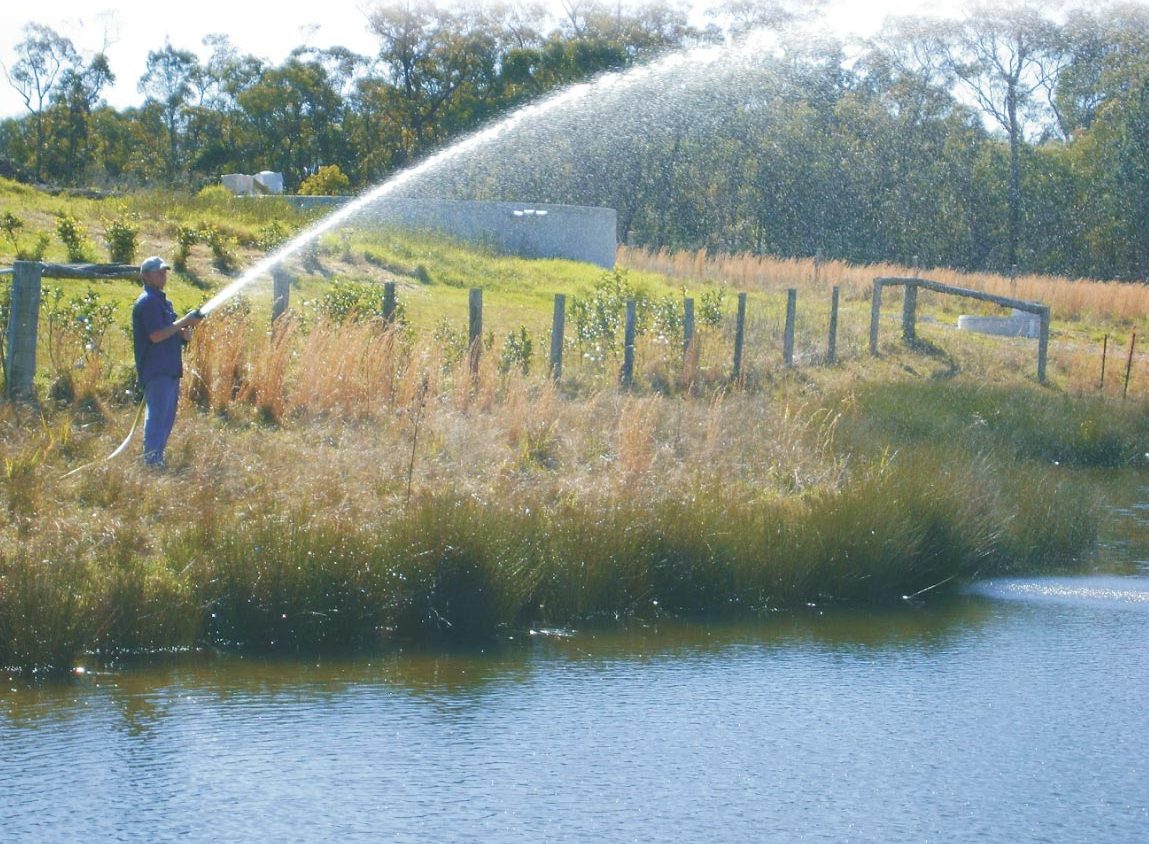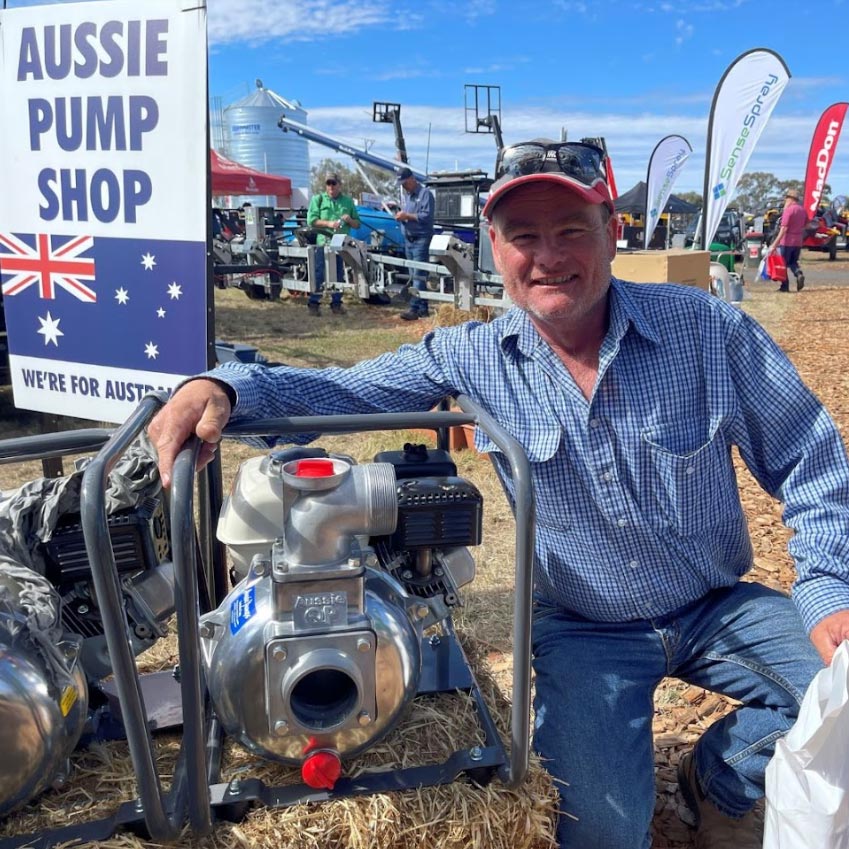So, you’re searching for a brand new pump to make the task of transferring liquids easier. Well, you’ve come to the right place!
- Home
- Pumps
- Cleaning Equipment
- AUSSIE SPECIALS!
- Defence Support
- Locate a Dealer
- More
So, you’re searching for a brand new pump to make the task of transferring liquids easier. Well, you’ve come to the right place!

Whether it’s for construction site dewatering, flood water control, fire fighting or cleaning up spills, water pumps are relied upon by many industries for completing a variety of daily jobs. In fact, they are integral towards maintaining efficiency on the grind. After all, trying to move water with sub-par equipment can really draw out the task for longer than necessary. And when you’ve got a tight schedule plus limited hours in a day, there’s really no time for delaying on the job!
While water pumps are an indispensable piece of equipment, it’s important for you to educate yourself before going out into the world and making your decision. The fact is, there are plenty of water pumps available out there; so much so that you may feel overwhelmed with all the options. Some come with specific features that can make them suitable for one job and impractical for others. There are also some pumps out there that are just straight up not worth it; and it’s up to you to know what’s what if you want to ensure the best purchase possible.
In this post, we’ve run through a few important factors to keep in mind when it comes to buying the ideal water pump:
Buying imported products online always comes with some risk. On the other hand, when you choose an Australian-made water pump that has been designed and manufactured locally, you can rest assured of quality. Most often, you can also seek post-sales support or benefit from a warranty cover if something goes wrong with your product. All in all, Australian-made water pumps are built to withstand the country’s unique weather conditions and elements. This makes them far more likely to be a long-lasting, worthwhile investment.
Before you go out and explore the many water pumps available to you, you have to consider what you need your pump to handle; specifically, the nature of the liquid you’re wanting to transport. Water pumps aren’t just for transferring clean water. They can also handle dirty water, wastewater infused with chemicals and hazardous substances, and even water containing solids. Of course, you have to choose a pump that is capable of handling whatever fluids you have in mind. You can’t expect a water pump designed for fire fighting to handle contaminated water in the same way.
One specification to look out for is the flow rate of your water pump. The flow rate is measured in litres per minute (L/min). The higher the flow rate, the faster you can move volumes of water.

Max head refers to how far down your pump can suck up water vertically. Naturally, this will depend on the depth of the water source you’re pulling from; if you’re dealing with a deep dam or tank, you’ll be needing a pump with enough suction power to draw up water into the main body of the pump, however far that vertical distance is.
PSI or pressure is the force at which water is expelled from the pump. This is also important to specify, especially if you’re wanting a pump for applications where water pressure is crucial for the job. For instance, if you’re wanting a water pump for fire fighting, you’ll be wanting a higher PSI to douse flames more effectively. Most often, PSI and flow rate have a negative relationship. When one increases, the other decreases. So, you have to find the right balance between flow and pressure that will make your water pump as suitable as possible for the application.

You will generally find water pumps available as either petrol powered or diesel powered. The option you choose will depend on your own preferences, however some may be more suitable for use on certain work sites than others. Generally, petrol powered water pumps are cheaper and come with more product variety. On the other hand, diesel powered pumps are more fuel efficient and are less flammable, thus making them a lot safer in some cases.
You may also want to consider getting a self-priming pump, which offers many benefits including fast and easy set up (due to not having to prime the pump manually), low maintenance and added convenience. One of the main advantages of a self-priming pump is that it doesn’t need to be submerged in water while operating. Instead, these pumps can be used above the water line.
As mentioned previously, having post-sales support and service available makes all the difference when it comes to buying a water pump for commercial use. If your pump fails or is in need of spare parts, it’s important that you’re able to get the support you need, in order to rectify the situation as soon as possible. Having a supplier of spare parts on hand, or someone who can provide maintenance services for your pump will allow you to get your pump back in working order ASAP whenever an issue presents itself. Consequently, you can avoid as much downtime as possible and keep clients happy by completing your tasks on schedule.
Searching for Aussie-made water pumps that pack a real punch? You can trust in our range here at Aussie Pumps to deliver. Our pumps are designed to provide real solutions for Australia’s harsh conditions. To put it simply, our products are built better to last longer. Suitable for a wide range of applications across multiple industries, our rugged and versatile pumps are top of the range and guaranteed to make life easier. They guarantee to improve efficiency, timeliness, and help to maintain high standards for quality across every job you complete.
Ready to experience the difference our innovative water pumps have to offer? Locate your nearest Aussie Pumps dealer today!

